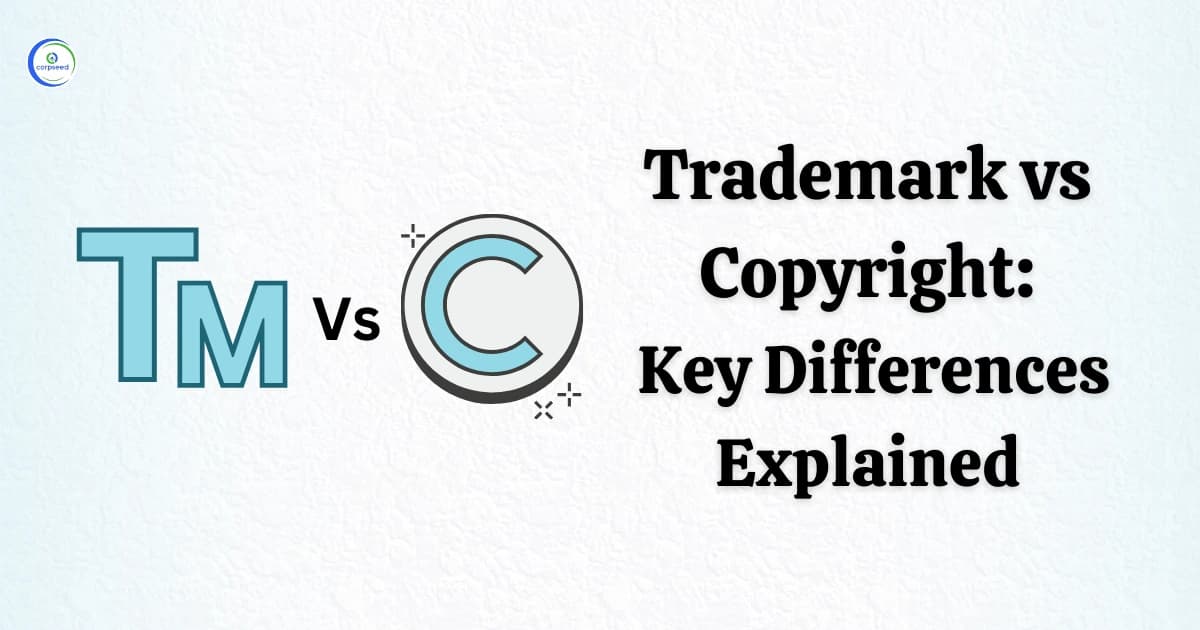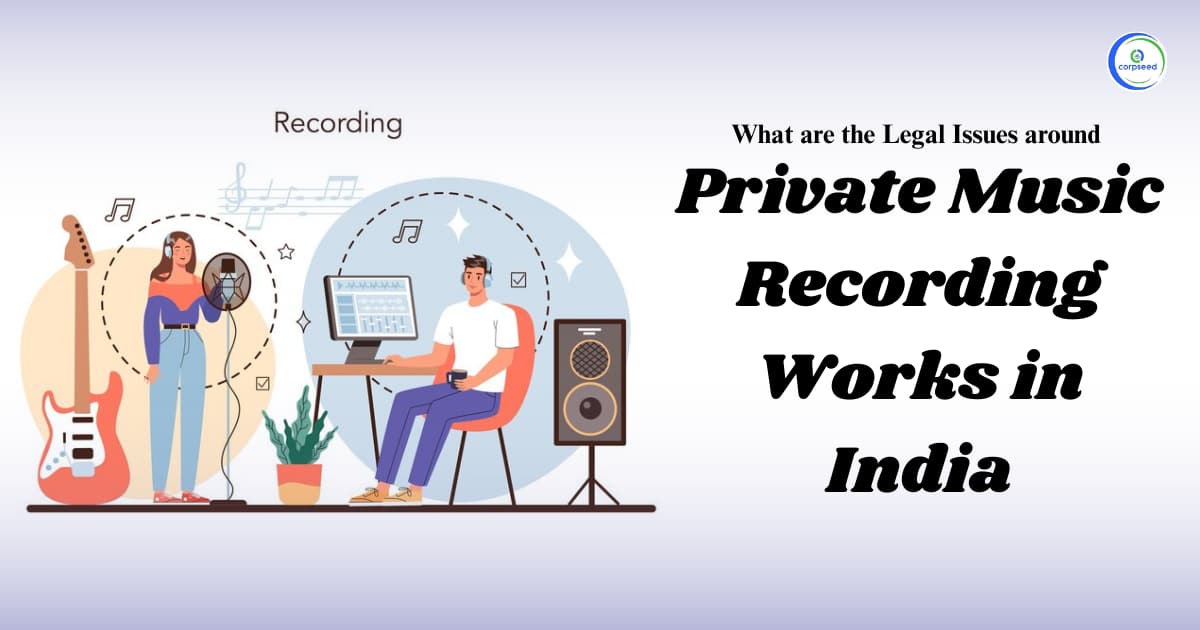
Loading...

Understanding the difference between trademarks and copyrights is essential for entrepreneurs, creators, or businesses looking to protect their intellectual property.
About the Author

Parul Bohral, a BALLB graduate and experienced legal researcher and content writer with expertise in various legal areas, including corporate law and intellectual property. I have gained valuable experience in esteemed legal environments, where I have strengthened my research skills, allowing me to approach legal writing with precision and depth.
As a legal content writer, I am committed to delivering work that not only informs but also engages readers. By staying informed about the latest trends in content marketing and regulatory developments, I ensure that my writing remains sophisticated and meets industry standards. My dedication to thorough research enables me to craft content that is both insightful and impactful.
Related articles

Smell Trademark Registration in India: Can a Scent Be Legally Protected?
2026-02-27

Logo or Wordmark: Which Trademark Registration Protects Your Brand Better?
2026-02-20

What Is Trademark Class 25 and What Does It Cover?
2025-12-09

Register Trademark Class 30 Food Products
2025-11-27

What are the Legal Issues around Private Music Recording Works in India?
2025-11-25

How to Protect Your Business: Intellectual Property and Compliance
2025-03-29